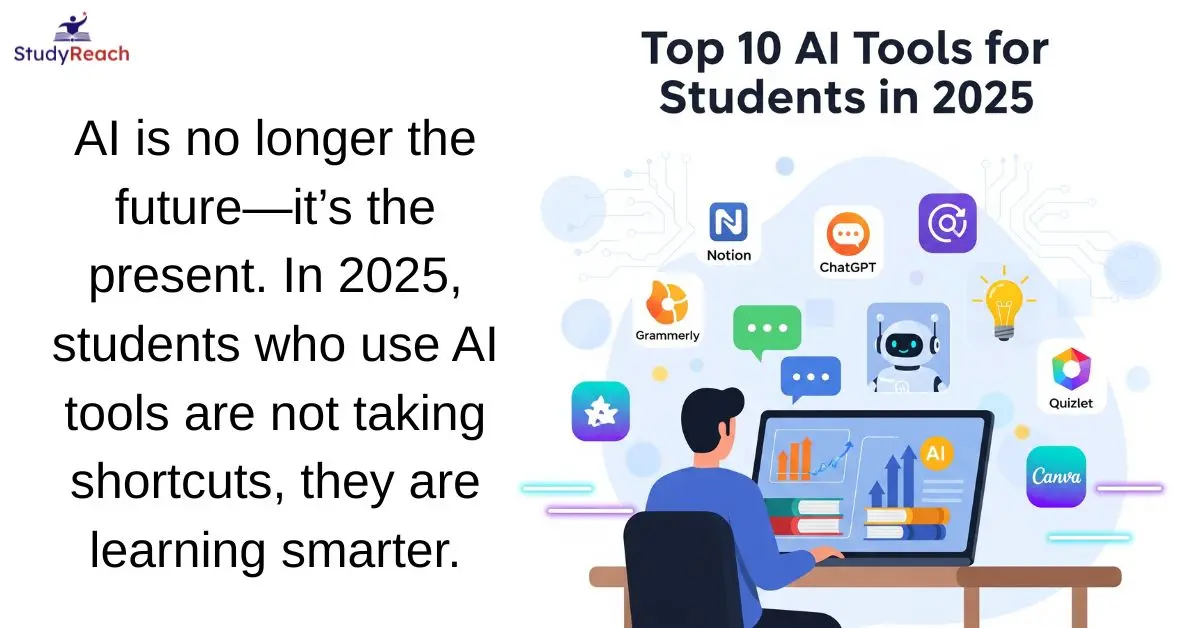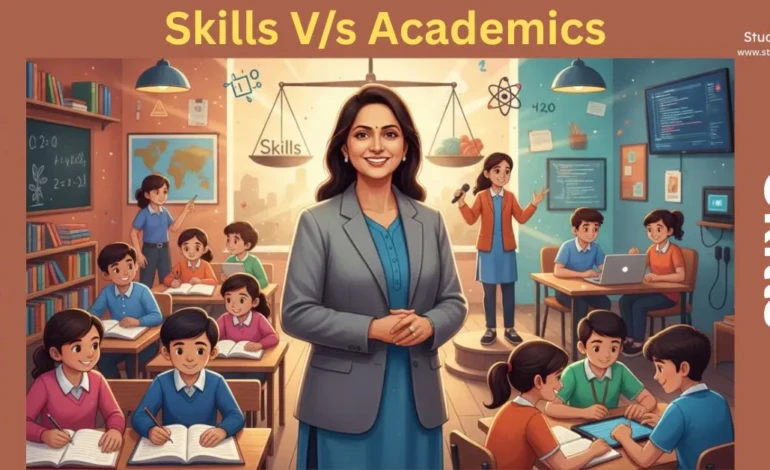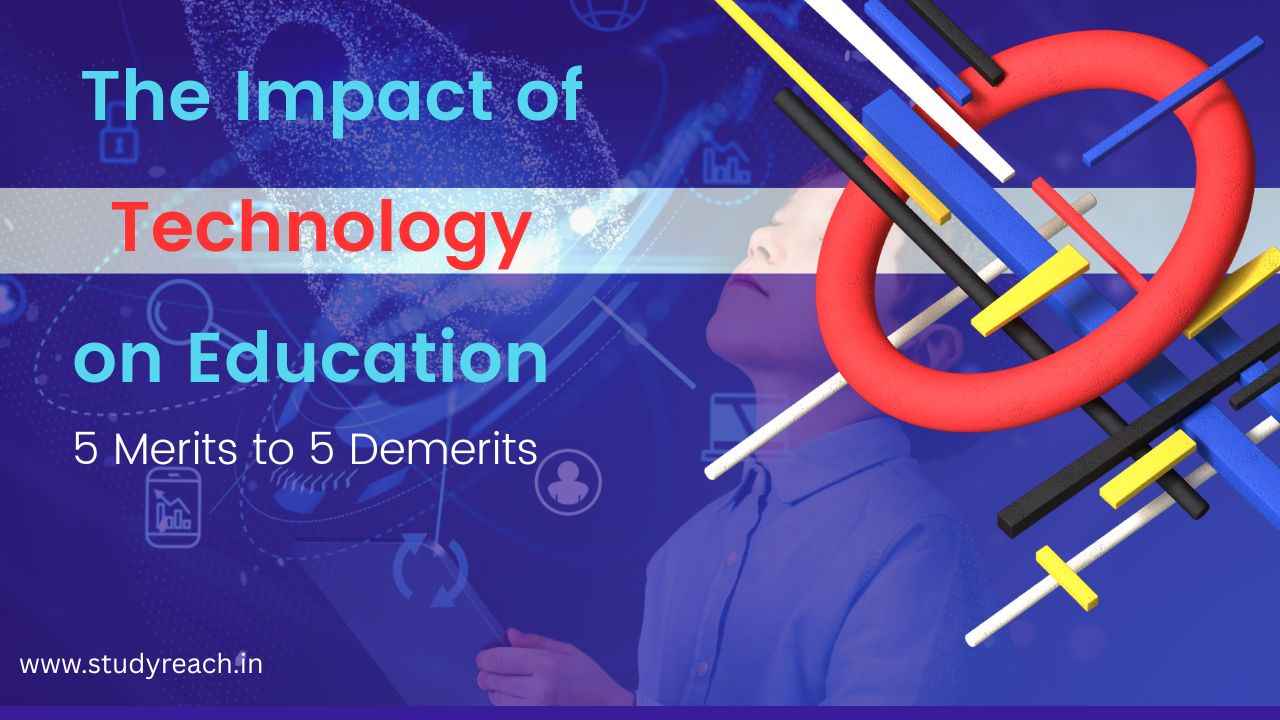Top 10 AI Tools For Student Must Use in 2025

Table of Contents
Let’s be honest—being a student in today’s world is tough. You have to manage assignments, prepare for exams, stay active in group projects, and somehow balance social life too. But here’s the good news: Artificial Intelligence (AI) is changing the way students learn.
Instead of spending hours reading long research papers or typing every lecture note, students in 2025 are using AI to study smarter, not harder. The right tools can help you:
- Summarize textbooks in seconds
- Create study flashcards automatically
- Write error-free essays
- Organize your notes neatly
- Even practice new languages interactively
In this article, I’ll share the Top 10 AI Tools Every Student Should Use in 2025—with features, examples, pros & cons, and how you can start using them today.
Top 10 AI Tools for Students in 2025
1. Notion AI – The Ultimate Study Organizer
What it does:
Notion AI is like a digital study buddy. It helps you organize notes, plan assignments, and even generate summaries of your reading material.
Example: Imagine you have a 30-page lecture PDF. Instead of reading word by word, Notion AI can create a neat summary with the key points in just a few minutes.
Pros:
- Great for organization and productivity
- Creates study schedules and task lists
- Easy to use with mobile and desktop
Cons:
- Some advanced features are paid
- Can feel overwhelming with too many options
Best for: Students who like having all their notes, tasks, and projects in one place.
2. ChatGPT (OpenAI) – Your 24/7 Study Assistant
What it does:
ChatGPT has become the most popular AI tool among students. It can explain difficult concepts in simple language, draft essays, and even generate quiz questions.
Example: If you’re struggling with “photosynthesis,” you can ask:
“Explain photosynthesis like I’m a 10th-grade student.”
And you’ll get an easy-to-understand explanation instantly.
Pros:
- Acts like a personal tutor
- Great for brainstorming essay ideas
- Can generate practice quizzes
Cons:
- Answers may not always be 100% accurate → fact-check needed
- Requires good prompts to get the best results
Best for: Students who need quick answers or essay help at any time.
3. GrammarlyGO – AI Writing & Proofreading
What it does:
Writing assignments can be stressful. GrammarlyGO doesn’t just correct grammar but also helps improve your tone, structure, and clarity.
Example: If you write an essay introduction, GrammarlyGO can suggest making it more formal or persuasive depending on your requirement.
Pros:
- Fixes grammar, spelling, and tone
- Works on emails, essays, and resumes
- Easy Chrome and MS Word integration
Cons:
- Free version has limited suggestions
- Internet connection required
Best for: Students writing essays, cover letters, or professional applications.
4. Quizlet AI – Smart Flashcards & Practice Tests
What it does:
Quizlet now uses AI to generate flashcards and quizzes from your notes automatically. Perfect for exam prep!
Example (Mini Guide):
- Upload your notes or copy-paste text
- Quizlet AI creates flashcards instantly
- Use “Learn” mode to test yourself
Pros:
- Makes memorization fun and easy
- Helps with definitions, formulas, and key terms
- Mobile app for learning on the go
Cons:
- Works best in English (limited in some languages)
- Premium needed for advanced modes
Best for: Students preparing for exams who need fast revision.
5. Perplexity AI – Reliable Research Assistant
What it does:
Unlike Google, which gives you thousands of links, Perplexity AI provides direct answers with verified sources.
Example: If you search, “Causes of World War I,” Perplexity gives a short answer with links to reliable sources like history journals.
Pros:
- Saves hours of research time
- Provides source links for credibility
- Easy to use like a search engine
Cons:
- Not always as deep as library databases
- Internet required
Best for: Research papers, projects, and quick fact-checking.
Related Article:

6. Otter.ai – AI Note Taker for Lectures
What it does:
Otter.ai listens to your lectures and automatically transcribes them into searchable notes.
Example: If your professor talks fast, Otter records and creates a full transcript. Later, you can search for keywords like “Newton’s Law” and jump to that part.
Pros:
- Saves time in note-taking
- Great for revision
- Searchable transcripts
Cons:
- Requires permission to record
- Needs good audio quality
Best for: Students who don’t want to miss anything in lectures.
7. Canva Magic Studio – Creative AI for Projects
What it does:
Canva now has Magic AI tools that design presentations, posters, and assignments automatically.
Example: Just type “Create a presentation on Climate Change,” and Canva Magic Studio suggests slides, layouts, and images.
Pros:
- Very easy for non-designers
- Professional-looking results
- Huge free template library
Cons:
- Some features require paid plan
- Needs good internet connection
Best for: Assignments, presentations, and group projects.
8. Elicit – Research Paper Summarizer
What it does:
Reading 30-page academic research papers can be exhausting. Elicit uses AI to summarize them into short key points.
Example: For a research paper on psychology, Elicit shows “Problem → Methods → Results → Key Takeaway” in minutes.
Pros:
- Saves time on academic research
- Extracts important insights quickly
- Great for thesis work
Cons:
- Still in development, sometimes misses details
- Not always free
Best for: College and university students writing reports or dissertations.
9. Speechify – AI Text-to-Speech Reader
What it does:
Speechify turns textbooks, PDFs, and notes into audio. Perfect if you prefer listening over reading.
Example: You can upload a PDF and listen to it while traveling or exercising.
Pros:
- Great for auditory learners
- Multiple voices and speeds
- Works with PDFs, web pages, and eBooks
Cons:
- Premium voices require payment
- Large files can be slow
Best for: Students who want to “listen” to study material anytime.
10. Duolingo Max (AI-Powered Language Learning)
What it does:
Duolingo Max uses AI to role-play real-life conversations. For example, you can practice ordering food in Spanish or asking directions in French. Even you can learn different language from Duolingo.
Example: The AI chatbot corrects your grammar instantly and helps you practice until you get it right.
Pros:
- Fun and interactive learning
- Personalized lessons
- Instant grammar feedback
Cons:
- Limited to language learning
- Requires subscription for Max features
Best for: Students learning new languages or preparing for study abroad.
How to Choose the Right AI Tool for You
Not every tool is necessary for every student. Here’s a quick guide:
- If you need organization → Notion AI
- If you need help with writing → ChatGPT + GrammarlyGO
- If you’re preparing for exams → Quizlet AI
- If you’re into research → Perplexity AI + Elicit
- If you want creative projects → Canva Magic Studio
Final Thoughts
AI is no longer the future—it’s the present. In 2025, students who use AI tools are not taking shortcuts, they are learning smarter.
Whether you need help writing essays, summarizing research, or preparing for exams, these 10 AI tools can save hours of stress and make studying more enjoyable.
Start with ChatGPT and Notion AI, then explore others as per your needs.
Remember, AI is a helper, not a replacement—you still need to think critically and learn actively. And, most important nothing is automatic, you still need to use your sense to provide the prompt to get the result.
















1 Comment
[…] Top 10 AI Tools for Students in 2025 […]